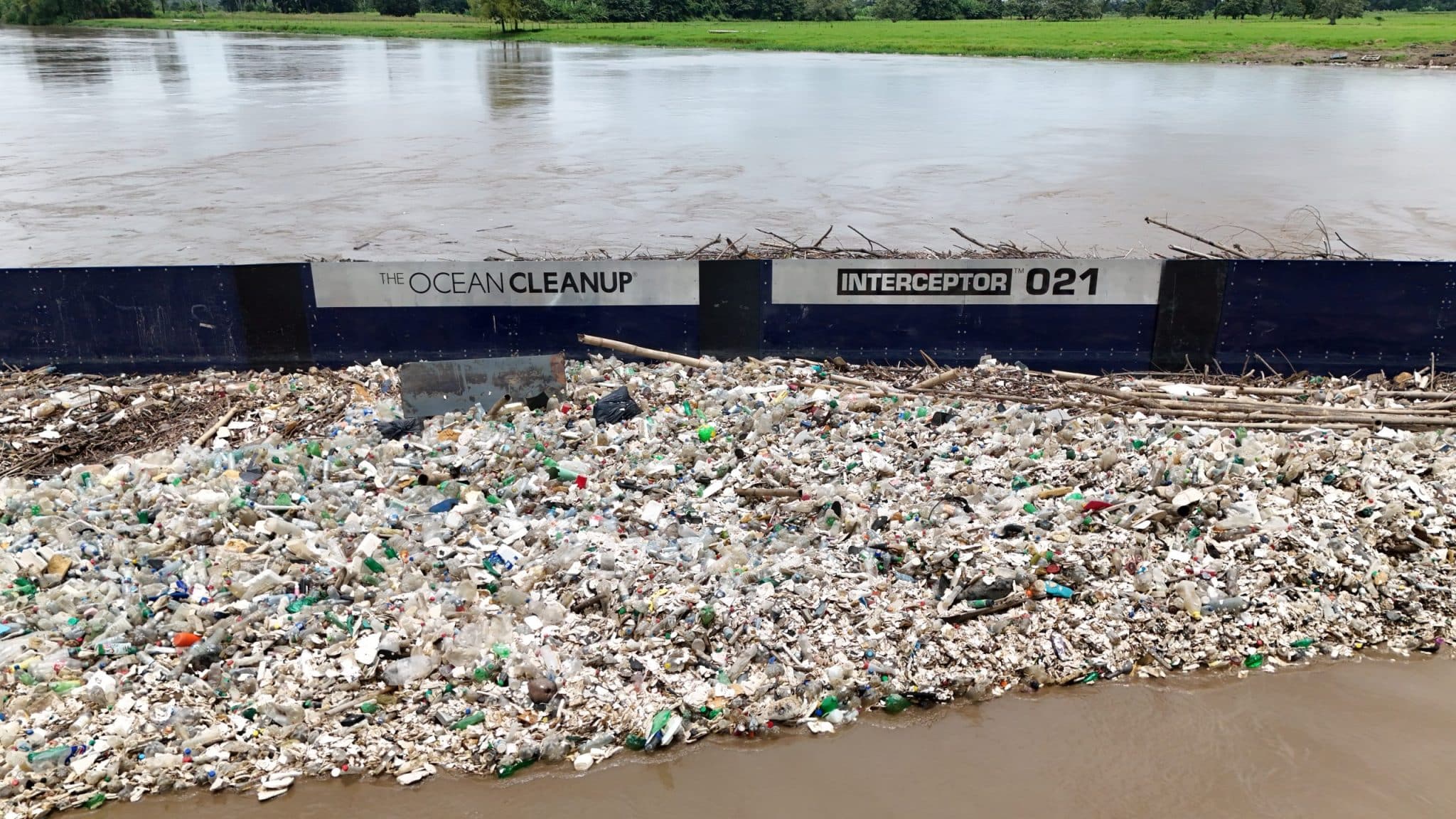Image Credit: kasto/123rf.com
San Francisco State University (SF State) is poised to become the first major public university in the United States to mandate a climate justice course for all students prior to graduation. This initiative, set to take effect in the fall of 2026, aims to ensure that students are well-versed in both the scientific aspects of climate change and its social implications.
The university’s approach recognizes that climate change is not merely a technical issue confined to science, technology, engineering, and mathematics (STEM) fields. Instead, SF State plans to integrate climate justice concepts across various disciplines, including ethnic studies, history, humanities, and English. This interdisciplinary strategy highlights the intersection of climate change with factors such as race, class, and gender, emphasizing the disproportionate effects on marginalized communities.
Defined by SF State, climate justice acknowledges the unequal impacts of climate change on underserved populations and the vital role of frontline communities in crafting solutions. The new curriculum is designed to educate students about systemic inequalities that influence climate vulnerability and shape policy responses. Over 100 existing courses will be restructured to incorporate climate justice themes, ensuring that every student, regardless of their major, gains insight into the global and local realities of climate change.
This initiative emerges at a critical juncture in U.S. climate policy, particularly in light of recent federal setbacks in climate commitments. SF State’s decision reflects a broader trend of local resistance to national inaction, with many educators and activists advocating for grassroots movements to drive climate innovation.
As the climate justice requirement becomes part of the educational framework at SF State, it is expected to prepare students for a future increasingly affected by climate change. This forward-thinking strategy may inspire other universities to adopt similar mandates, ultimately equipping future graduates to tackle climate-related challenges in their professional and community endeavors.
Check out the original article here: Source link



